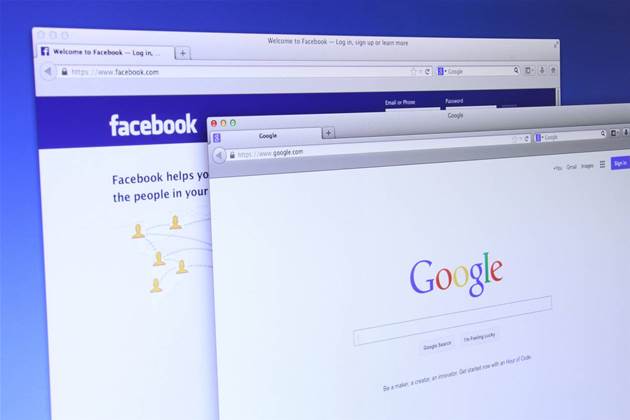Australia’s controversial media bargaining code has become law after the underpinning legislation passed through parliament with a raft of amendments favouring Big Tech companies.

The Treasury Laws Amendment (News Media and Digital Platforms Mandatory Bargaining Code) Bill was signed off by the house of representative on Thursday after clearing the senate last night.
The code will force designated companies to negotiate payments with news organisations, with a binding “final offer” arbitration process to be used if no agreement can be reached.
However, with Facebook securing last-minute changes to the bill in return for restoring news on its platform, tech giants can escape designation if they have existing deals with news organisations.
Google has already reached a number of deals with news organisations, including Nine, News Corp, Guardian Australian and Seven West Media.
The code will also require that companies give news organisations 14 days notice of planned changes to a designated platform services algorithm - a requirement that was similarly amended in recent weeks.
Other recent amendments – also aimed at boosting negotiation outside of the code – require two months of mediation prior to any final offer arbitration, which is now considered a last resort.
Despite the Facebook and Google wins, the country’s competition watchdog Rod Sims on Wednesday claimed victory over Big Tech, describing the changes to the legislation as immaterial.
“The changes the government’s done are things that either don’t matter much or are just to clarify things that, at least in Facebook’s mind, were unclear,” he said.
“Whatever they say, they need news. It keeps people on their platform longer. They make more money.”
However, some crossbench senators like independent Rex Patrick, who opposed the amended legislation, are concerned that the changes could leave niche outlets without compensation.
"The big (media) players could successfully negotiate with Facebook or Google. The minister then doesn't designate them, and all the little players miss out," he said.
In a joint statement, treasurer Josh Frydenberg and communications minister Paul Fletcher said the “world-leading” code would address the bargaining power imbalance.
“The code is a significant microeconomic reform, one that has drawn the eyes of the world on the Australian parliament,” they said.
The pair added that the government was “pleased to see progress by both Google and more recently Facebook in reaching commercial arrangements with Australian news media businesses”.

.png&h=140&w=231&c=1&s=0)







.png&w=120&c=1&s=0) Tech in Gov 2025
Tech in Gov 2025
 Forrester's Technology & Innovation Summit APAC 2025
Forrester's Technology & Innovation Summit APAC 2025
.png&w=120&c=1&s=0) Security Exhibition & Conference 2025
Security Exhibition & Conference 2025
 Integrate Expo 2025
Integrate Expo 2025
 Digital As Usual Cybersecurity Roadshow: Brisbane edition
Digital As Usual Cybersecurity Roadshow: Brisbane edition











.jpg&h=140&w=231&c=1&s=0)



